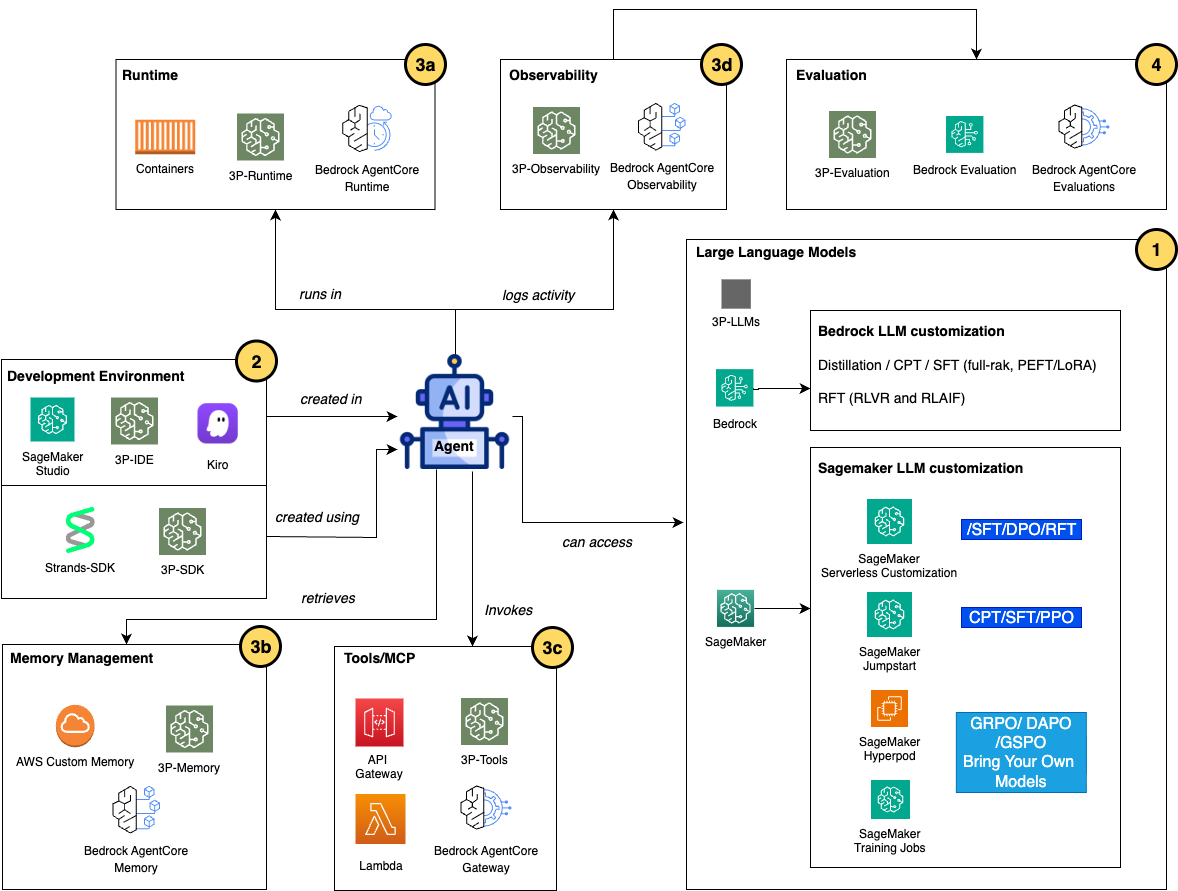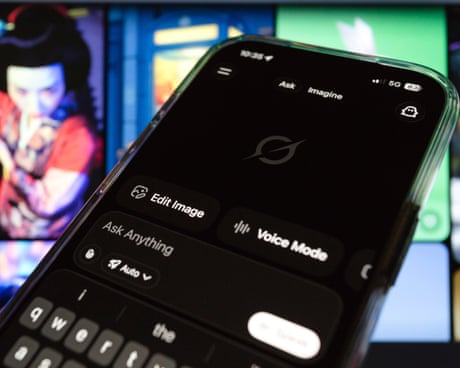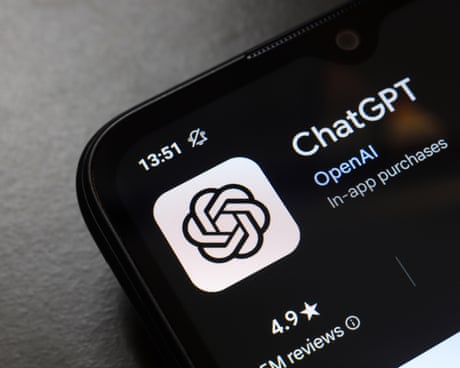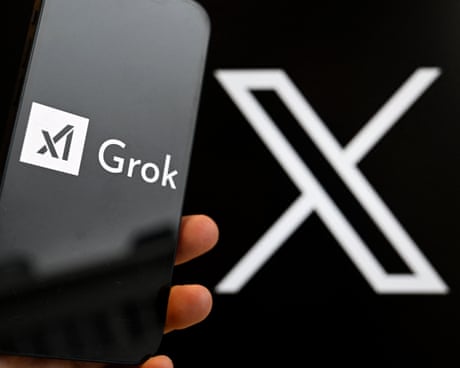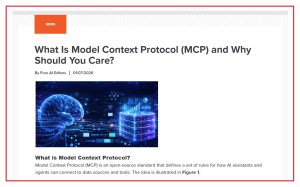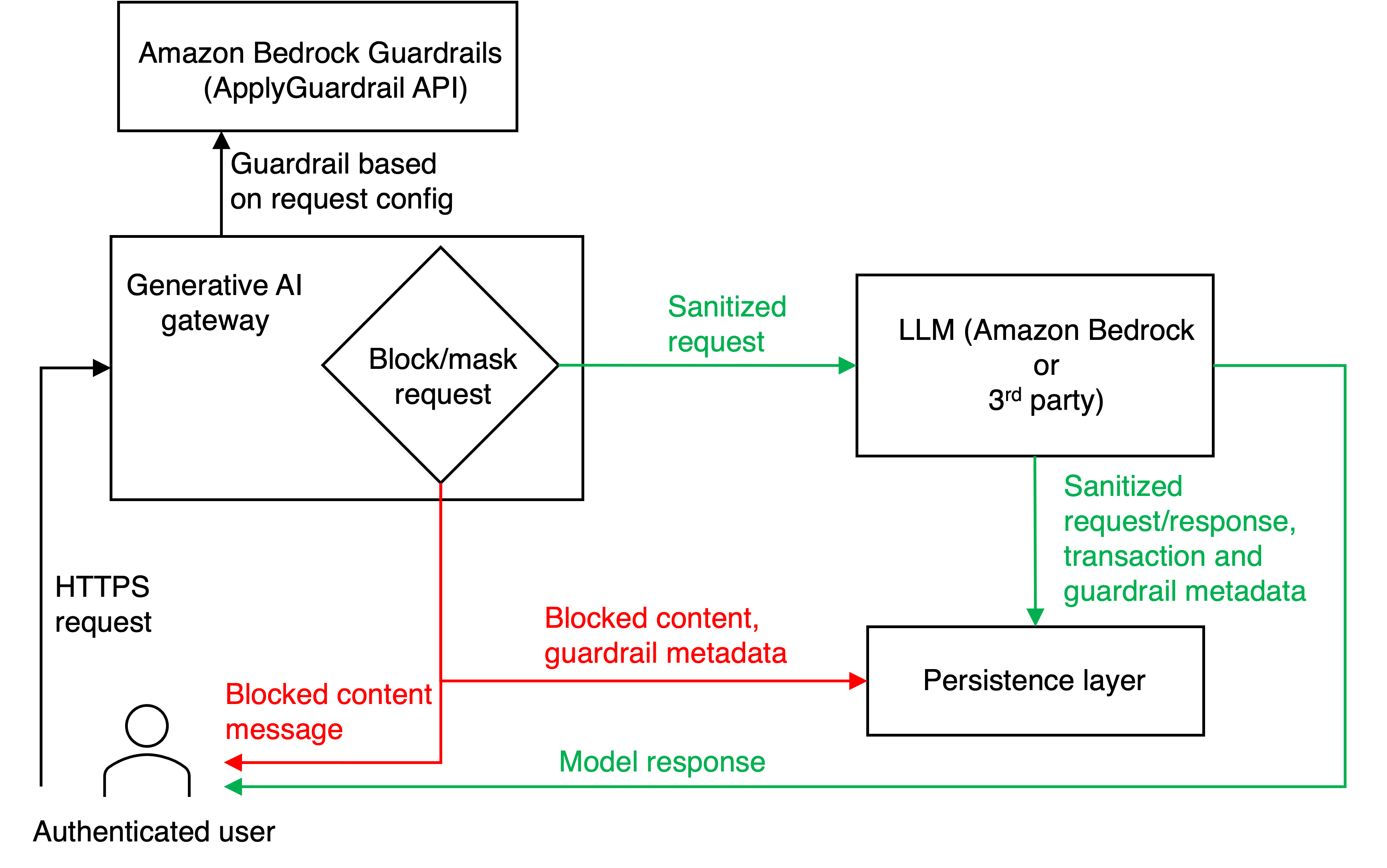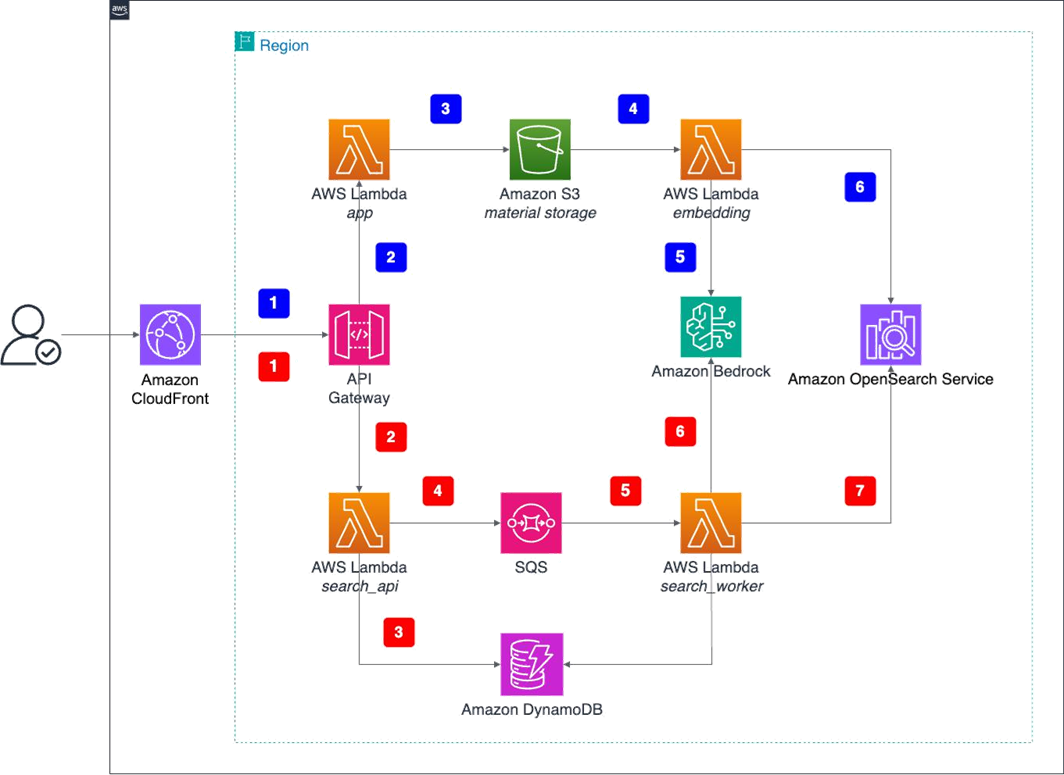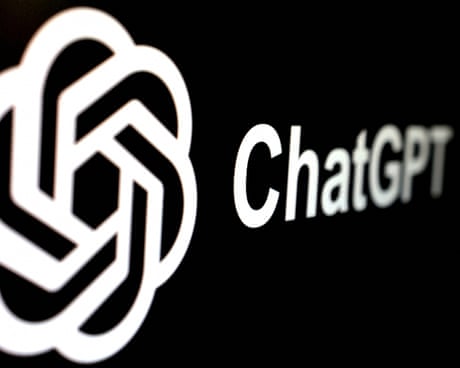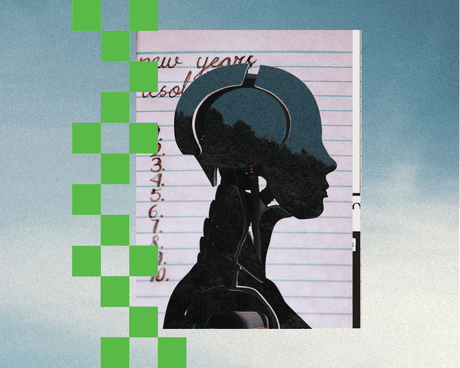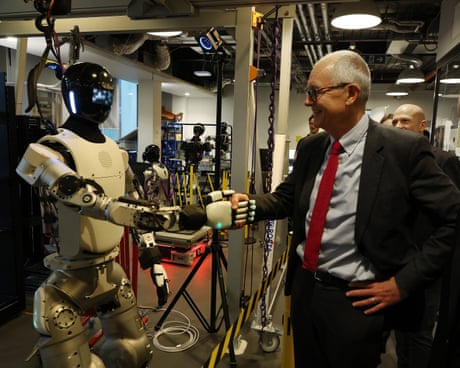Advanced fine-tuning techniques have led to significant reductions in errors and human effort at Amazon, with up to 96% accuracy improvements in content quality. High-stakes applications often require advanced fine-tuning for production-grade performance, driving higher ROI and growth for organizations.
Malaysia bans Grok over explicit image concerns; experts warn VPNs make tech access difficult. Grok easily bypasses Malaysian DNS block with VPN.
OpenAI's flagship AI product, ChatGPT, will now feature ads alongside answers for US users to generate additional revenue. The San Francisco firm is testing this new cashflow model amid growing speculation about diversifying its income beyond subscriptions.
@Grok X to ban sexualized images of real people; Grok AI tool under scrutiny after backlash and investigation by Ofcom.
Model Context Protocol (MCP) standardizes AI resource access. Potential for curated MCP server marketplace.
Sadiq Khan warns of AI causing mass unemployment in London's white-collar industries in Mansion House speech. Capital faces major job losses unless action is taken now.
Aboriginal digital fiction character Bush Legend gains 180,000+ followers across Meta platforms, exploring Australian outback in online videos with pulsating music. Jarren, with dark curls and brown eyes, hunts wedge-tailed eagles in the videos set in dense forests and deserted roads.
Enterprises using AI agents must implement safeguards for responsible data processing. Amazon Bedrock Guardrails offer safety features for AI applications.
Trump imposes 25% tariff on AI chips like Nvidia's H200 and AMD's MI325X under national security order, aiming to boost US semiconductor production. Exemptions for datacenters and consumers included in effort to reduce reliance on foreign chip manufacturers.
Gaming companies struggle with managing vast video ad libraries for user acquisition. Amazon Nova Multimodal Embeddings offers a groundbreaking solution for semantic video search, achieving high recall rates and cross-language capabilities.
OpenAI's health advice platform raises concerns over potential dangers without proper guidelines and consumer education. A man's mental health deteriorates due to daily consumption of sodium bromide, highlighting the importance of caution with unfamiliar substances.
Ashley St Clair sues xAI in New York for deepfakes on platform X. Lawsuit alleges Grok AI tool created explicit images, including underage content.
AI chatbots are increasingly used for personal guidance, but come with risks. OpenAI's ChatGPT findings reveal its popularity for resolutions.
Matthew McConaughey trademarks his image and catchphrase to prevent unauthorized AI use. Eight applications approved by USPTO.
UK science minister Patrick Vallance believes AI and robotics will reshape jobs, starting with warehouses and factories. Sadiq Khan warns of potential mass unemployment due to technological advancements.

